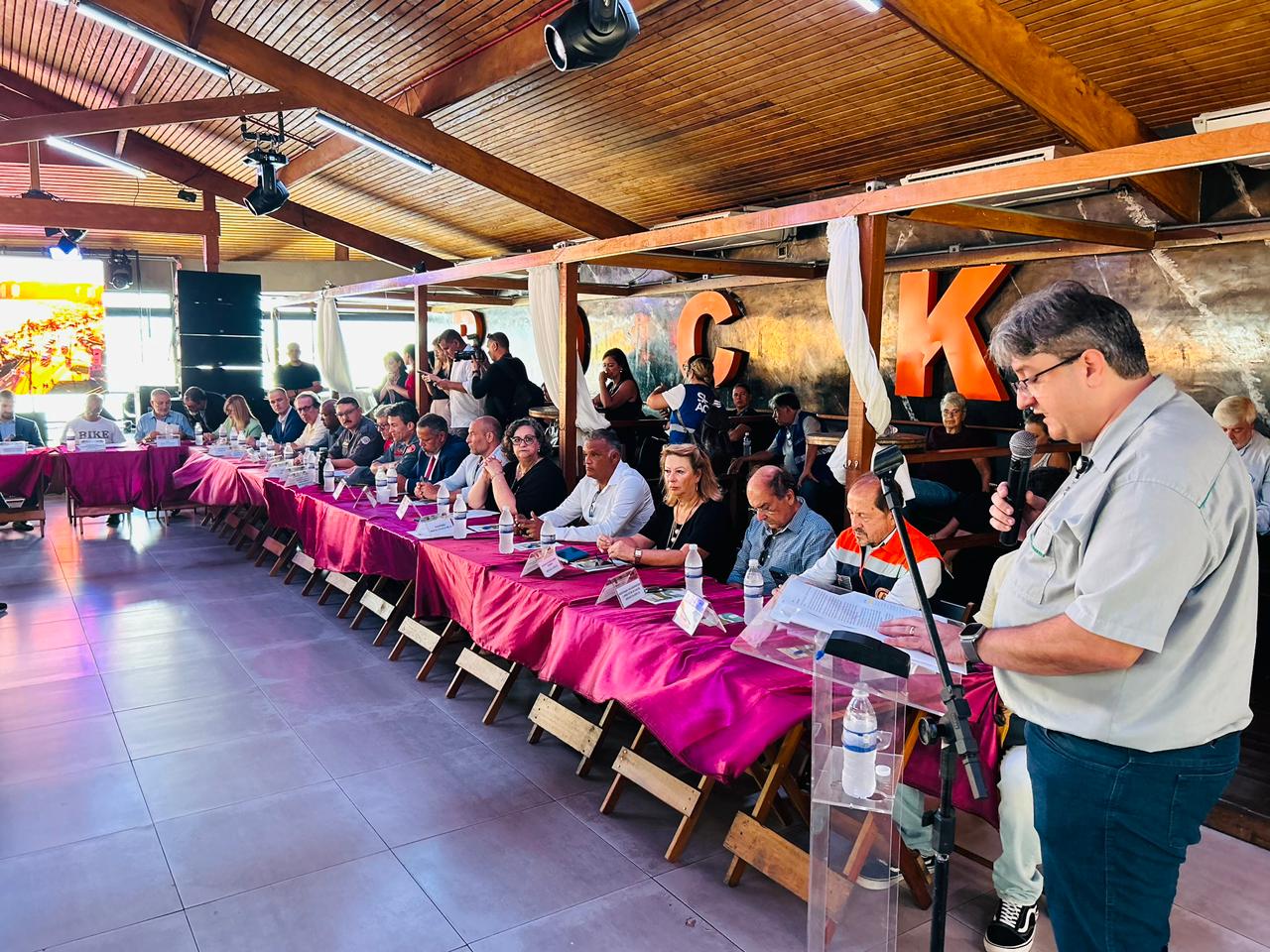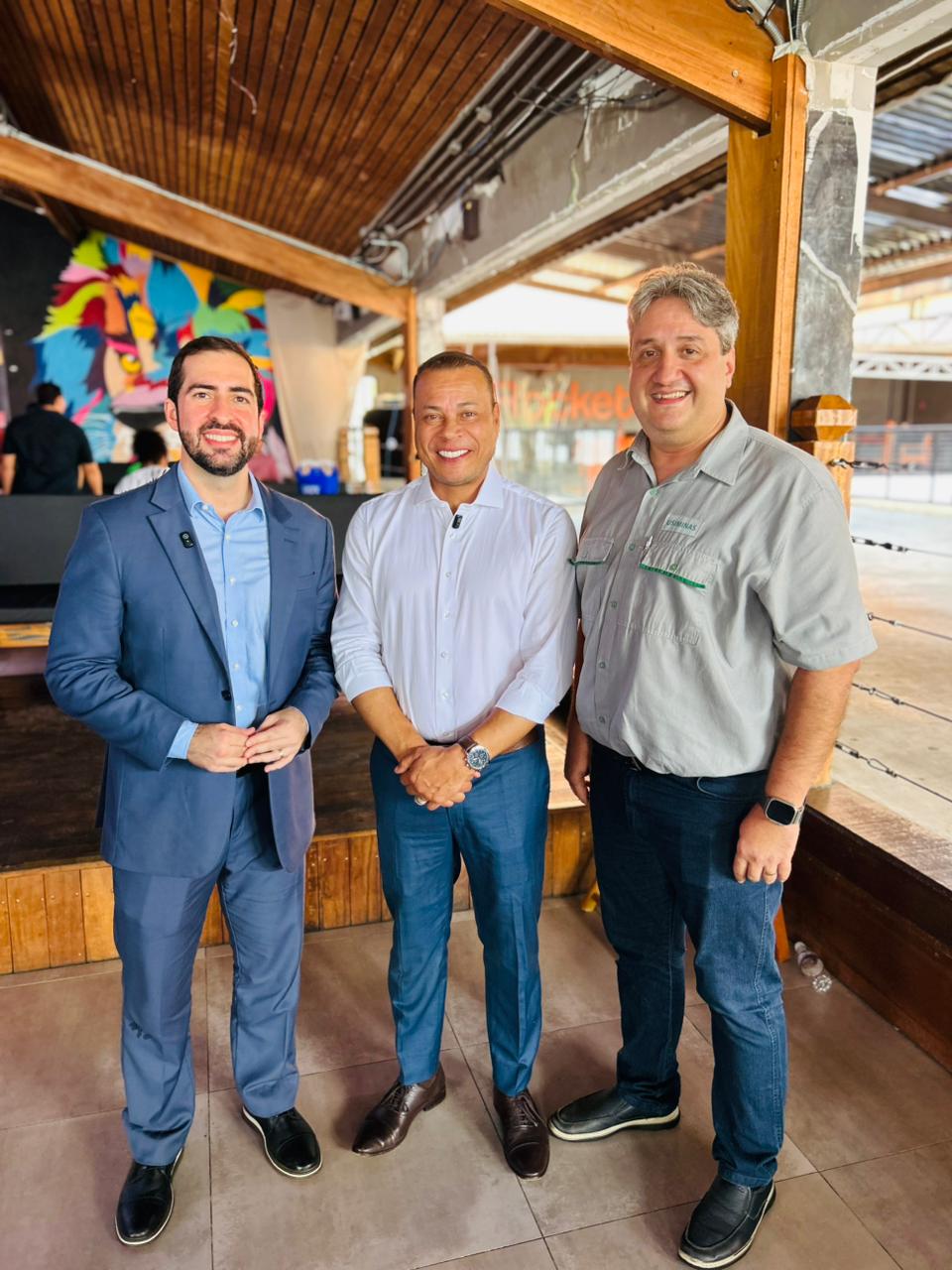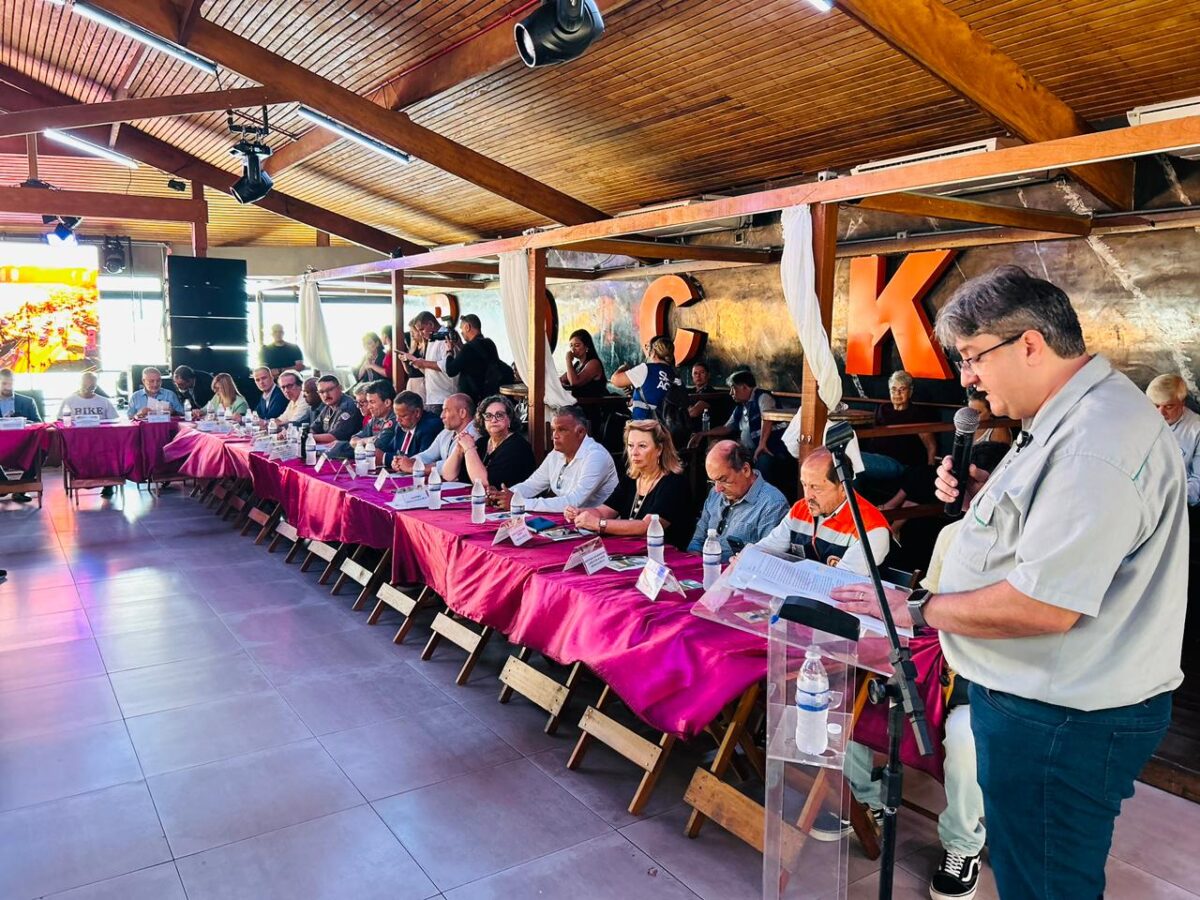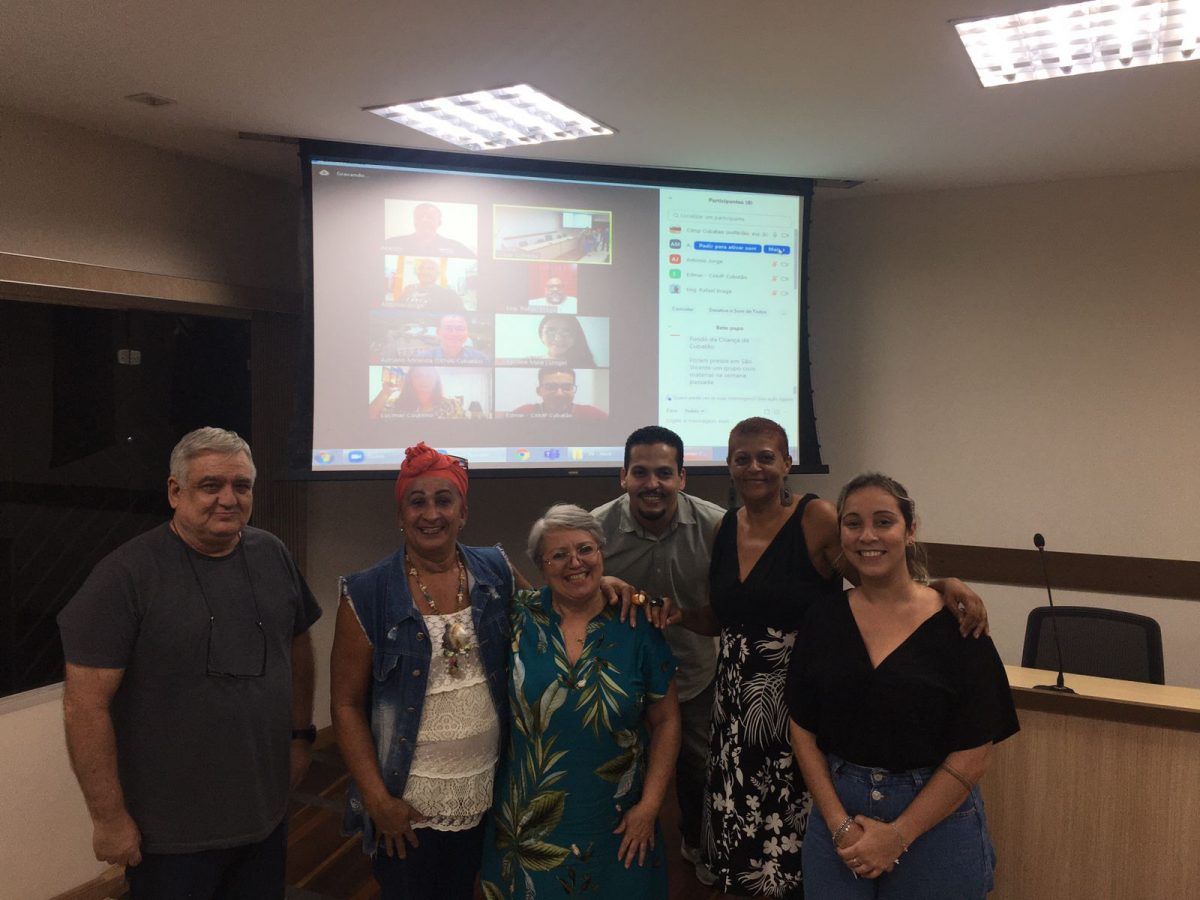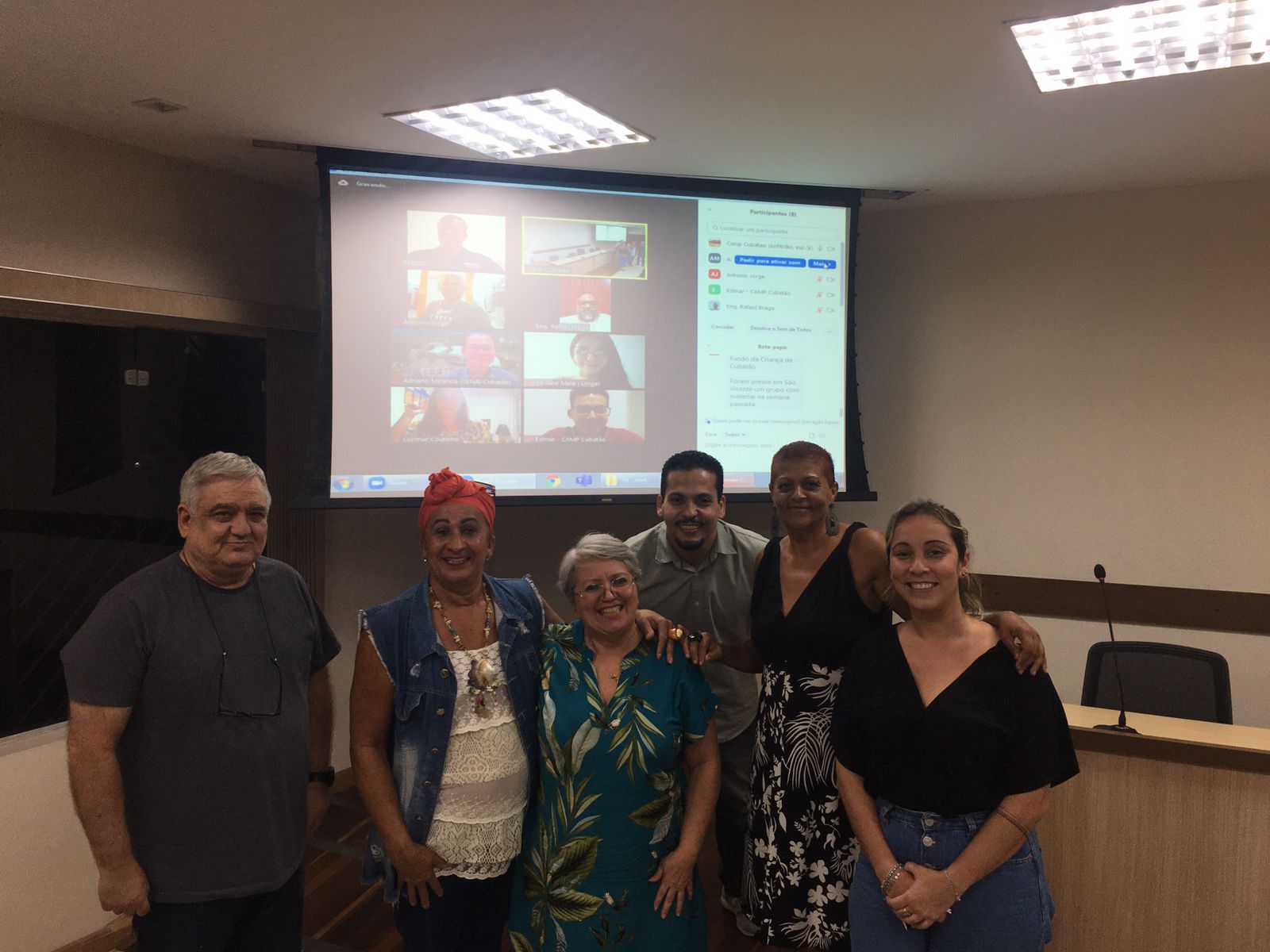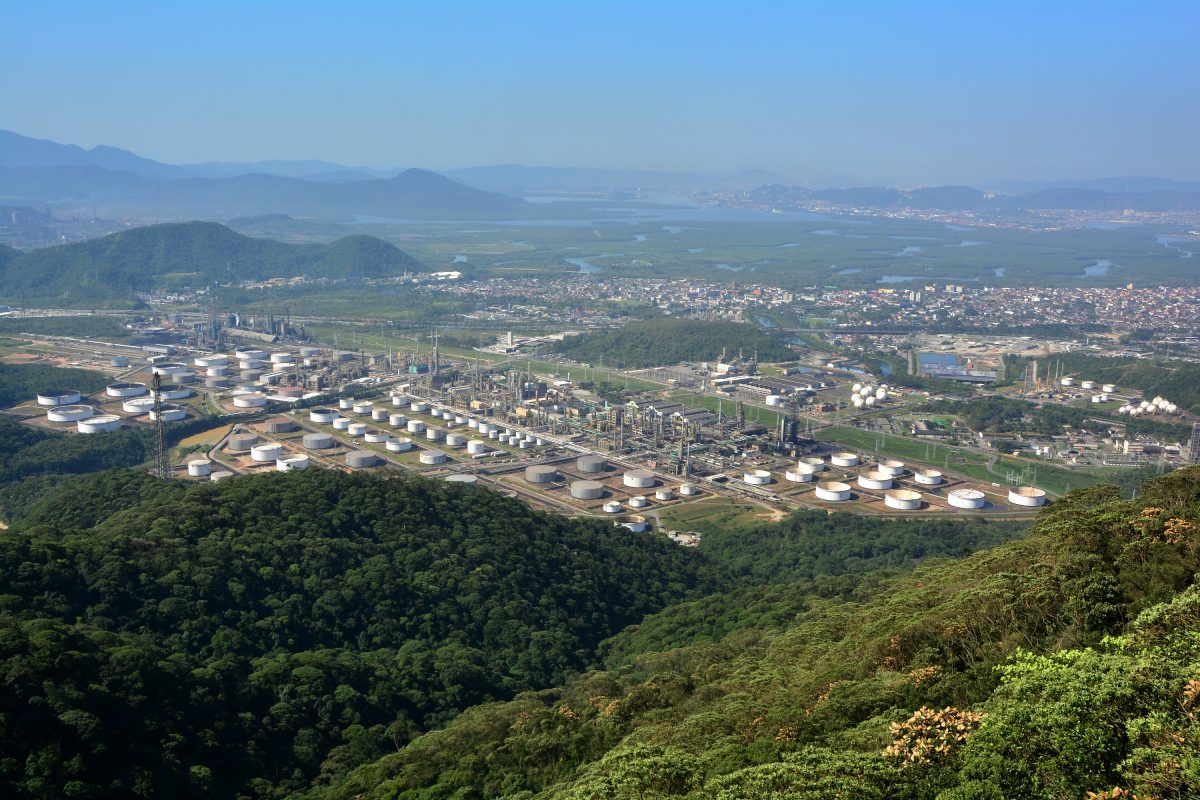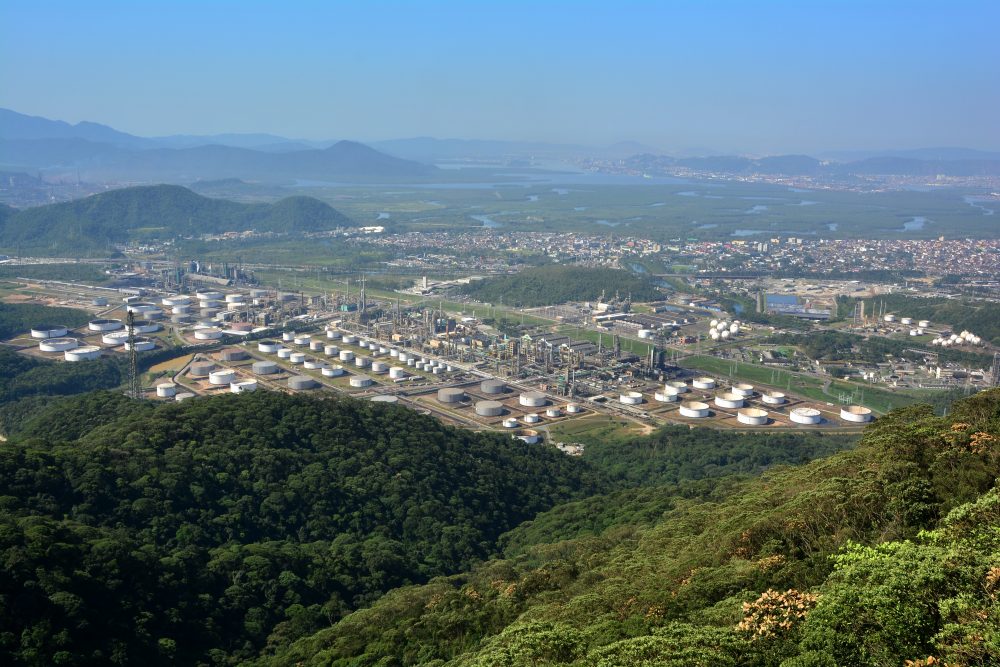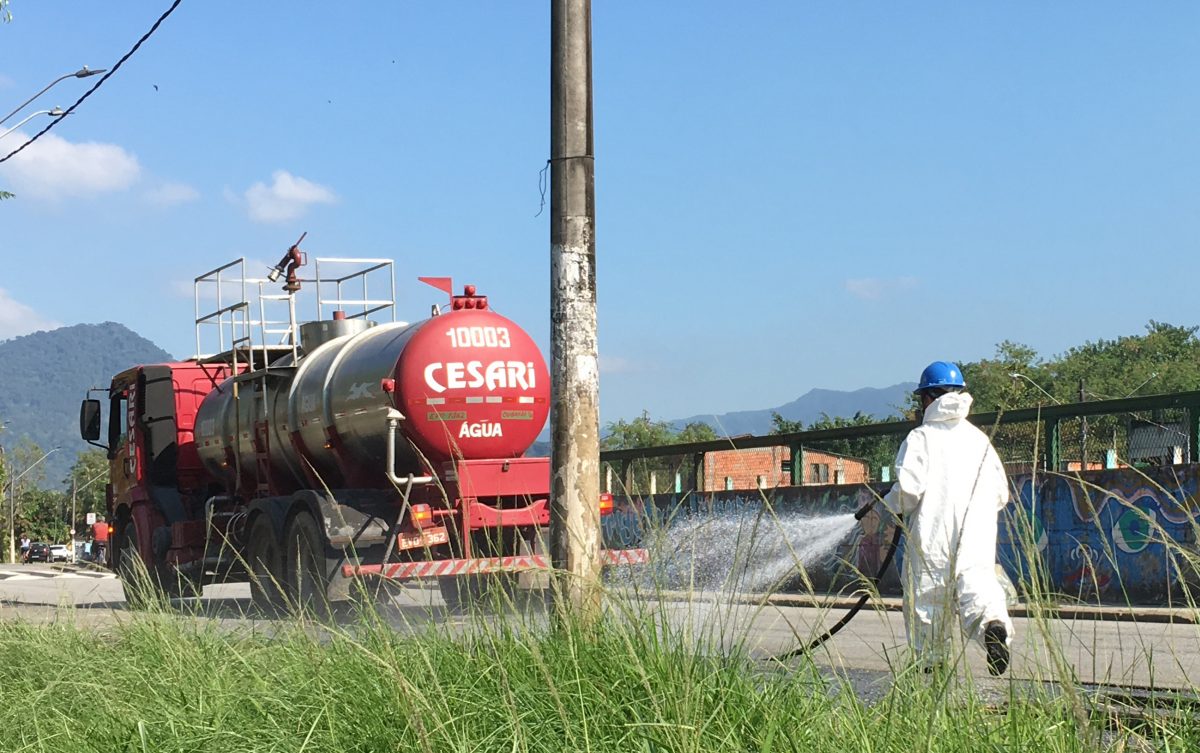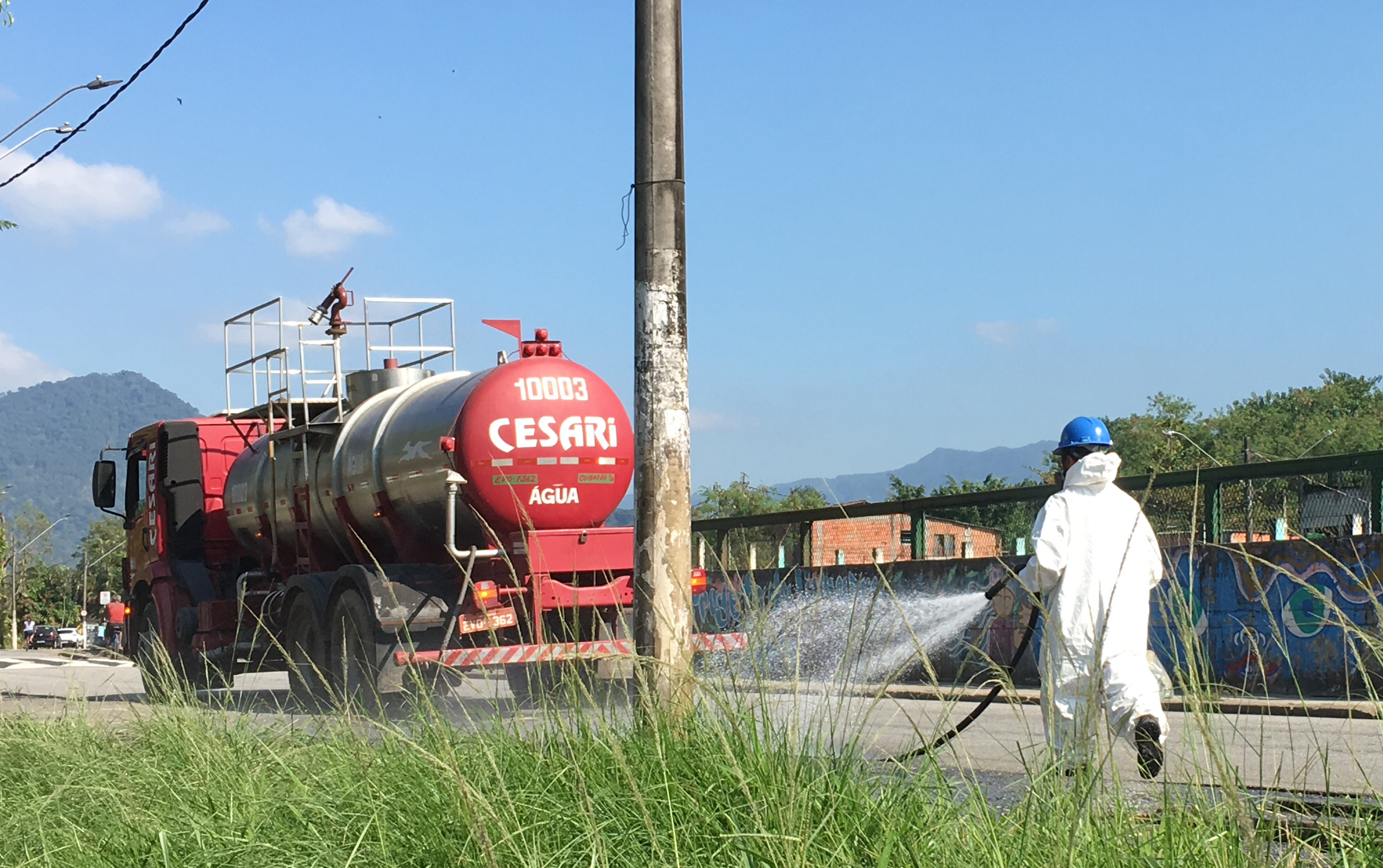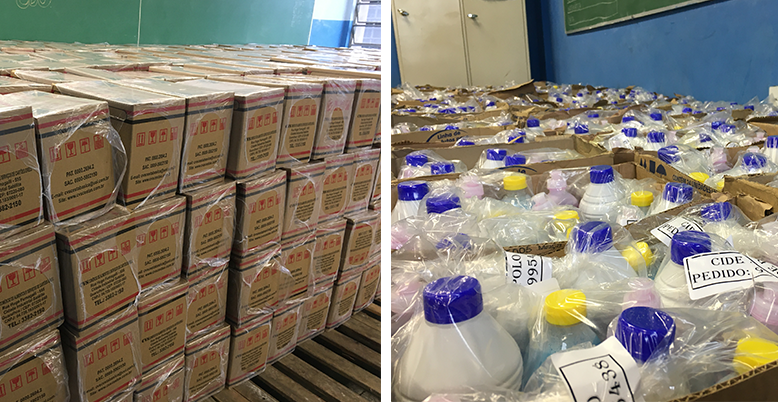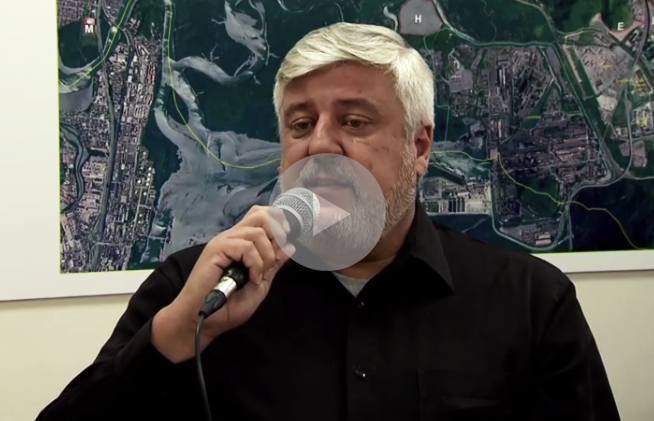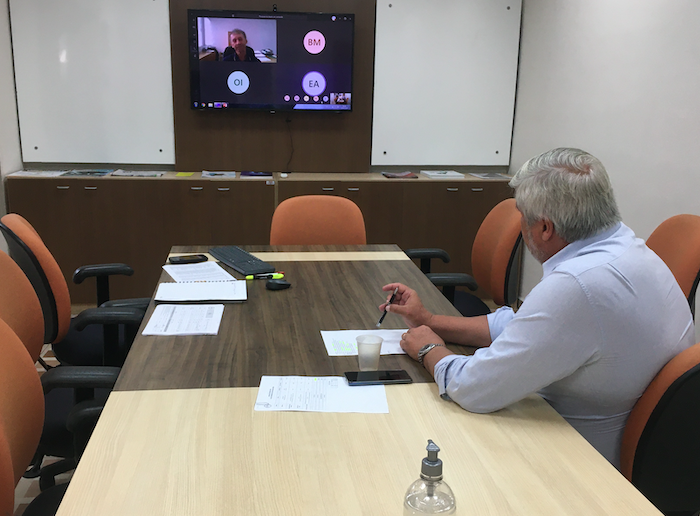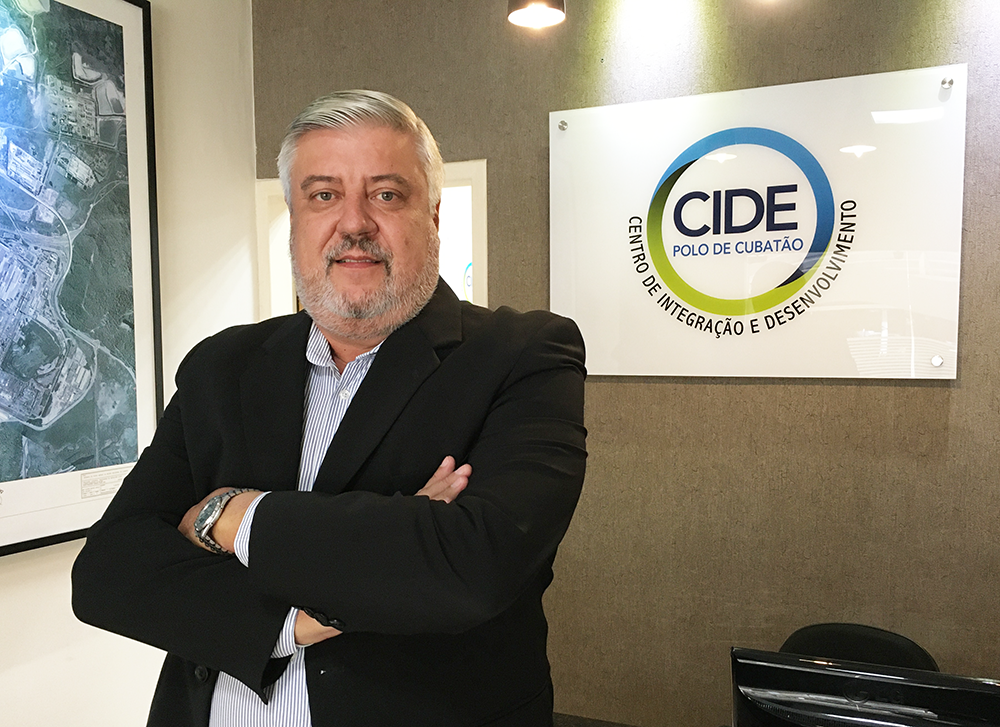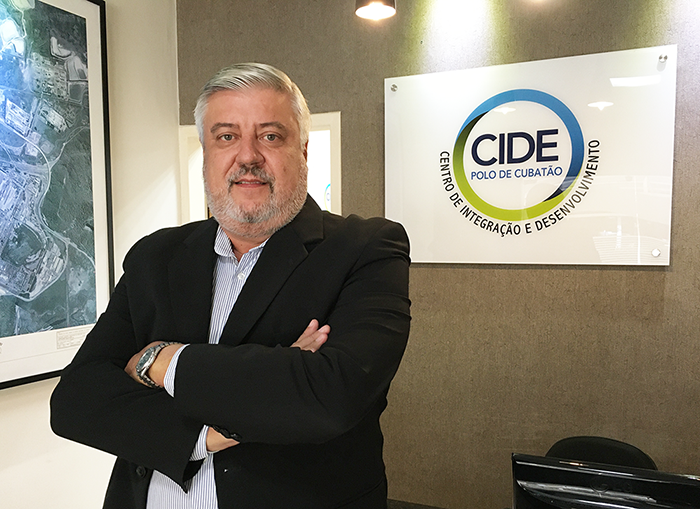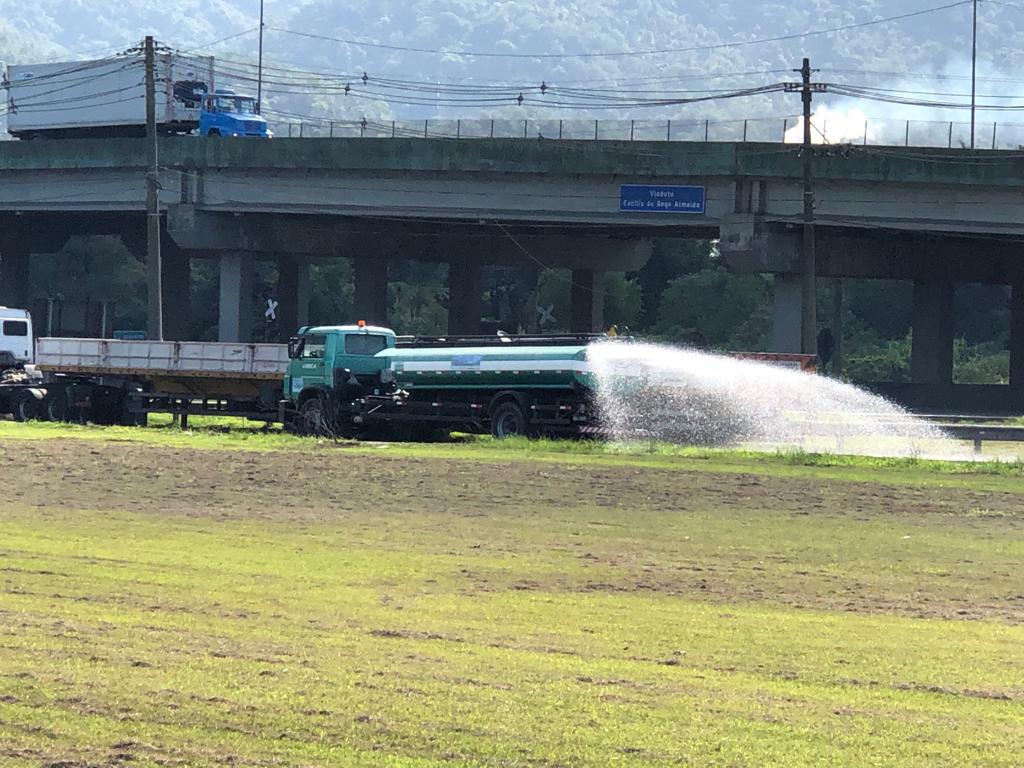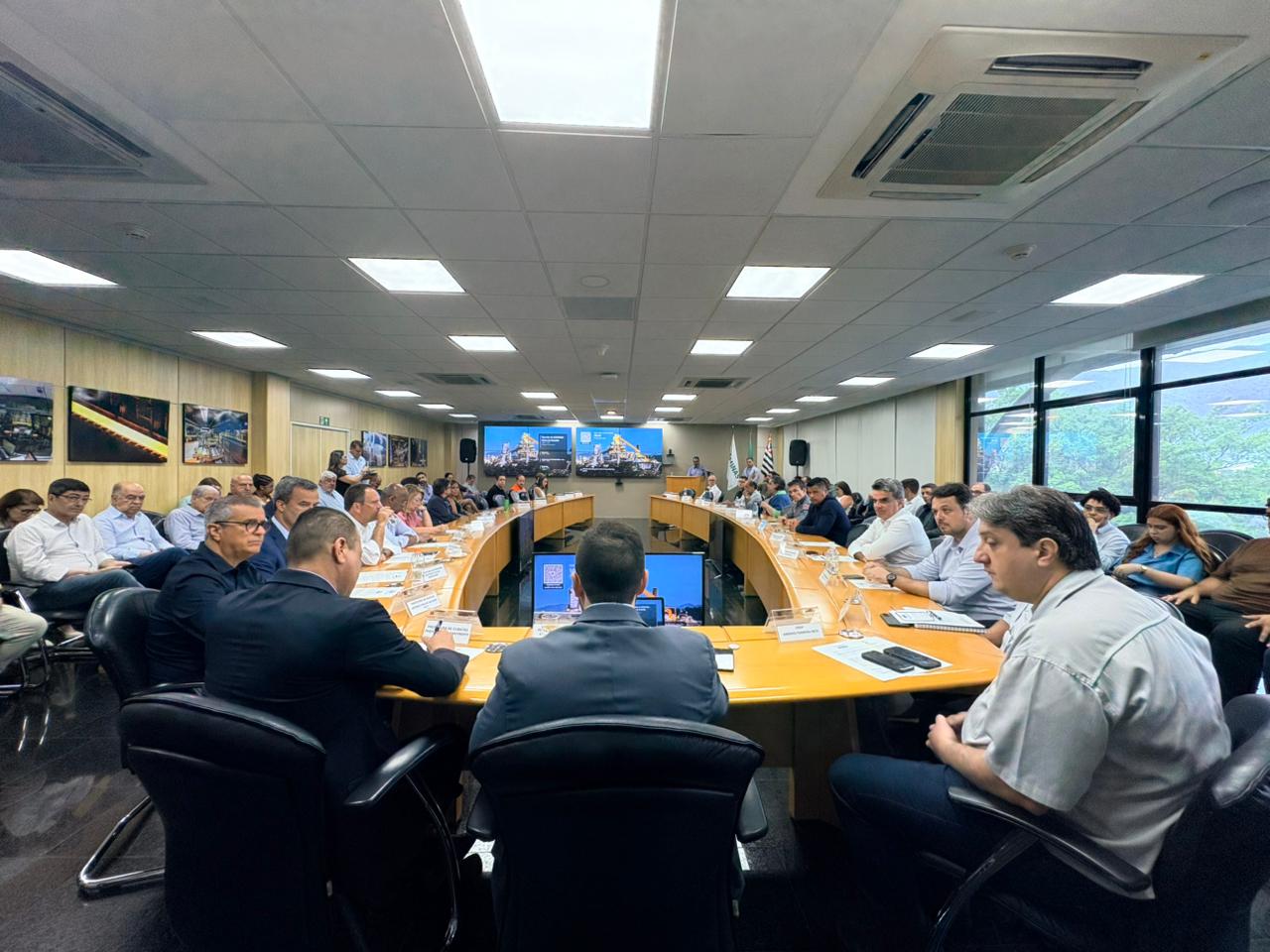O Conselho de Desenvolvimento da Região Metropolitana da Baixada Santista (CONDESB) aprovou, em São Vicente, no dia 6 de fevereiro, uma moção institucional em defesa da indústria regional, da competitividade nacional e do desenvolvimento sustentável, com destaque para a importância estratégica do Polo Industrial de Cubatão.
O documento manifesta preocupação com os desafios enfrentados pelo setor industrial instalado na Baixada Santista, especialmente os segmentos químico, petroquímico e siderúrgico, que desempenham papel fundamental na economia regional e nacional. O polo é responsável pela geração de milhares de empregos diretos e indiretos, além de contribuir significativamente para a arrecadação tributária e o fortalecimento de cadeias produtivas essenciais, como infraestrutura, energia, saneamento, logística, agronegócio e indústria de transformação.
Entre os principais pontos destacados pelo CONDESB está o impacto crescente das importações provenientes de mercados fortemente subsidiados, que chegam ao país a preços artificialmente reduzidos, configurando práticas de concorrência desleal. Segundo o colegiado, esse cenário compromete a competitividade da produção nacional, desestimula novos investimentos, reduz a capacidade produtiva e coloca em risco a manutenção de empregos qualificados.
A moção reforça ainda a necessidade de uma resposta integrada para o fortalecimento da indústria brasileira, combinando instrumentos de defesa comercial com políticas industriais modernas. Entre as diretrizes apontadas estão o estímulo à inovação tecnológica, o acesso a financiamento competitivo, o apoio à descarbonização, a modernização industrial e a ampliação da previsibilidade regulatória.
O CONDESB também reconhece o Polo Industrial de Cubatão como um ativo estratégico para a transição energética e para o desenvolvimento de uma indústria de baixo carbono, alinhada às diretrizes da Nova Indústria do Brasil.
O diretor-titular do CIESP Cubatão, Américo Ferreira Neto, destaca que a aprovação da moção é fruto de uma movimentação que teve início em 2025, com a entrada da entidade do CONDESB. “Nós só temos que agradecer a sensibilidade e o olhar dos representantes das nove prefeituras da Baixada, e de modo especial os prefeitos Kayo Amado, que trabalhou para que estivéssemos no Conselho e César Nascimento, que conduz uma ampla mobilização, envolvendo o Estado e a União, para que a seja possível superar o momento desafiador que vivemos”.
Ricardo Salgado, diretor Executivo do CIDE, completa: “A moção é mais um passo estratégico para reafirmar aquilo que falamos por muito tempo, que o Polo Industrial de Cubatão é estratégico para o desenvolvimento regional. Um Polo forte vai gerar empregos e riqueza para toda a região. Esse movimento conjunto é vital e se soma a outras iniciativas que estão em curso e nos auxiliarão a encontrar soluções rápidas, sustentáveis e duradouras”.
Ao final, o Conselho reafirma que a defesa da indústria nacional representa a defesa do emprego, da renda, da inovação e da sustentabilidade, colocando-se à disposição para contribuir com iniciativas que fortaleçam o desenvolvimento econômico e social da Baixada Santista.
